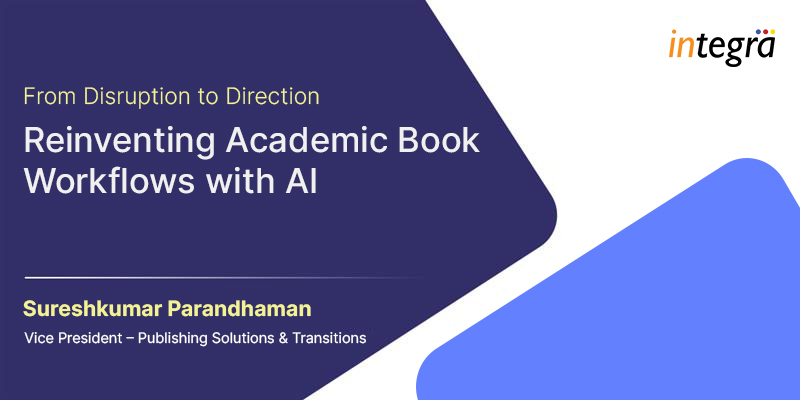Overcoming Legacy System Limitations: The Role of Cloud Transformation in Modern Business

In today’s dynamic business landscape, legacy systems – those built with outdated technologies – can act as significant roadblocks to growth and innovation. These aging infrastructures often struggle with inefficiency, inflexibility, and an inability to meet the ever-evolving demands of the market. Cloud transformation, however, emerges as a powerful solution, enabling businesses to overcome these limitations and unlock a new era of agility and scalability. As the innovation rate in the cloud sector surges, along with the introduction of new tools and services, Gartner states that global public cloud spending by end-users will approach $600 billion in 2023, marking it as an exhilarating, optimistic, and occasionally overwhelming field.
Challenges Posed by Legacy Systems:
Legacy systems, characterized by their outdated infrastructures and software, impose significant challenges. They are not only costly to maintain but also lack the flexibility needed to adapt to new technologies or scale according to business growth. Businesses find themselves trapped in a cycle of inefficiency, facing difficulties in integrating new applications or processes.
Legacy systems are notorious for several drawbacks:
- Inefficiency: Manual processes, siloed data, and outdated hardware lead to sluggish performance and hinder productivity.
- High Maintenance Costs: Maintaining aging infrastructure requires significant IT resources, diverting funds from more strategic initiatives.
- Inability to Adapt: Legacy systems often lack the flexibility to integrate with modern tools and cater to changing market trends.
Benefits of Cloud Transformation:
Cloud transformation heralds a new era of operational efficiency and business agility. By migrating to cloud-based solutions like AWS and Azure, businesses can enjoy scalable resources, improved data security, and significant cost reductions. The cloud offers a platform for innovation, enabling companies to deploy new services rapidly and with greater flexibility.
Cloud transformation offers a compelling solution to these challenges:
- Scalability: Cloud resources can be easily scaled up or down based on demand, eliminating the need for expensive hardware upgrades.
- Flexibility: Cloud-based systems are inherently adaptable, allowing for seamless integration with new technologies and fostering innovation.
- Cost-Effectiveness: Cloud services operate on a pay-as-you-go model, reducing upfront costs and freeing up resources for core business activities.
- Security and Compliance: Leading cloud providers like AWS and Azure offer robust security features and industry-compliant solutions, ensuring data protection and regulatory adherence.
Strategies for Successful Cloud Transformation:
To ensure a smooth transition, several best practices should be considered:
- Planning and Assessment: A thorough evaluation of current infrastructure and business needs is crucial for successful cloud migration.
- Choosing the Right Cloud Model: Selecting the most suitable service model (IaaS, PaaS, SaaS) depends on the specific business requirements and desired level of control.
- Data Migration Strategy: Careful planning and a secure migration approach are essential to ensure data integrity and minimize disruption.
Overcoming Migration Challenges:
Cloud migration is not without its hurdles. However, proactive measures can mitigate these risks:
- Data Security: Implementing robust security protocols and leveraging cloud provider encryption tools are vital.
- Compliance Adherence: Understanding industry regulations and choosing a cloud service provider that aligns with compliance needs is critical.
- Downtime Management: A well-defined migration plan with minimal downtime should be established to minimize business disruptions.
In conclusion, legacy systems pose a significant threat to a company’s ability to compete in the modern business landscape. Cloud transformation offers a strategic solution, empowering businesses with scalability, flexibility, and cost efficiency. By embracing cloud migration, companies can unlock a path towards growth, agility, and a competitive edge in the digital age.
Considering cloud transformation? It’s time to explore how services like AWS and Azure can revitalize your business operations. Begin your journey towards operational excellence and unlock the full potential of your business in the digital era. Integra’s cloud solutions offers a comprehensive suite of migration services to help your business navigate the transition seamlessly. Take the first step towards a more efficient and future-proof IT infrastructure – contact us today!
Recent Blogs

Research Integrity vs. Publication Integrity: Clarifying Responsibility in Scholarly Publishing

From Disruption to Direction: Reinventing Academic Book Workflows with AI


